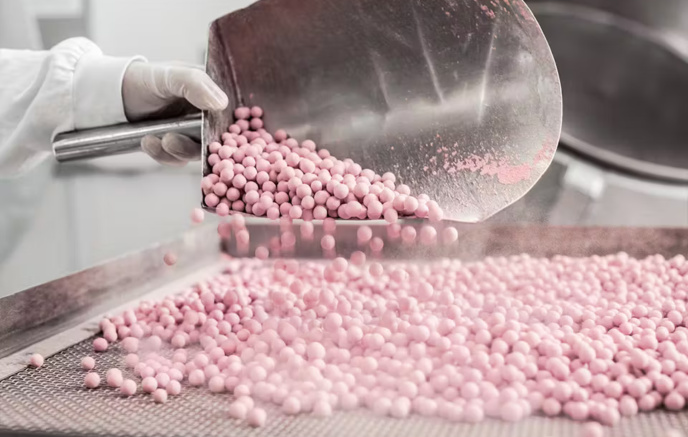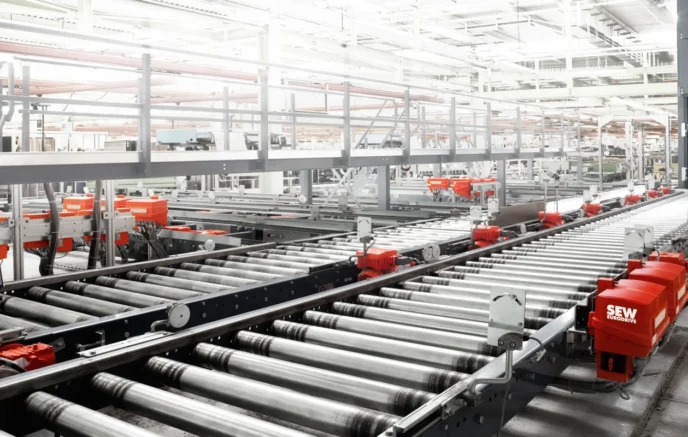Skills, productivity and planning: strategic challenges for Valrhona
Valrhona, a specialist in top-of-the-range chocolate, is faced with a particularly complex production process, where each type of product requires specific skills and methods. This diversity makes team and skills management all the more demanding, especially during seasonal fluctuations such as the end-of-year festivities, which further complicate human resources planning.
Prior to the introduction of Mercateam, managers were spending a large proportion of their time on repetitive administrative tasks, such as assignment planning, to the detriment of higher value-added activities such as process improvement or employee skills development.
Errors in this planning could lead to delays, under-utilization of available skills, and dissatisfaction among employees assigned to tasks ill-suited to their training.
What's more, the company's expansion and growing workforce have made skills management even more critical, requiring precise monitoring of qualifications and training to maintain product quality while effectively integrating new arrivals.
Why Valrhona called on Mercateam to structure and optimize its scheduling and skills management
In the current competitive context of the premium chocolate industry, managing skills and human resources has become an absolute necessity for companies wishing to maintain their edge. Faced with these challenges, Valrhona identified the need for a tool capable of :
- Automate planning to better manage the complexity of assignments ;
- Optimize skills management to ensure that every employee is assigned to a position that matches his or her qualifications;
- Free up managers' time to focus on innovation and continuous improvement;
- Anticipate needs related to seasonal fluctuations and business expansion.
Mercateam proved to be an ideal solution, offering specific functionalities to meet these challenges and support the company's growth while maintaining a high level of performance.
Optimization and reliability for production
At Valrhona, Mercateam's mission was to improve skills management and production team planning. Since implementing the tool, Valrhona has :
- Optimized planning and increased reliability:
Thanks to Mercateam, Valrhona can now plan assignments accurately and efficiently. Each employee is assigned according to his or her skills, which has reduced errors and maximized the use of available resources. With automated planning and rigorous monitoring of skills, the risk of errors has been considerably reduced.
- Optimized skills management:
Mercateam has given Valrhona a strong better visibility of skills available in the team. This enables gaps and training needs to be identified quickly, and new recruits to be better equipped to take on new responsibilities.
- Considerable time savings for managers:
By automating previously time-consuming processes, Mercateam has freed up precious time for managers. They can now concentrate on strategic tasks such as innovation or the implementation of continuous improvement initiatives.
- Better management of activity peaks:
During periods of high demand, such as the festive season, Mercateam enables Valrhona to anticipate skill requirements and plan accordingly. This ensures efficient resource management, even in demanding contexts.
- Support for expanding operations:
By facilitating the management of team growth, Mercateam has helped Valrhona to manage its expansion while maintaining a high level of quality and performance in production.



